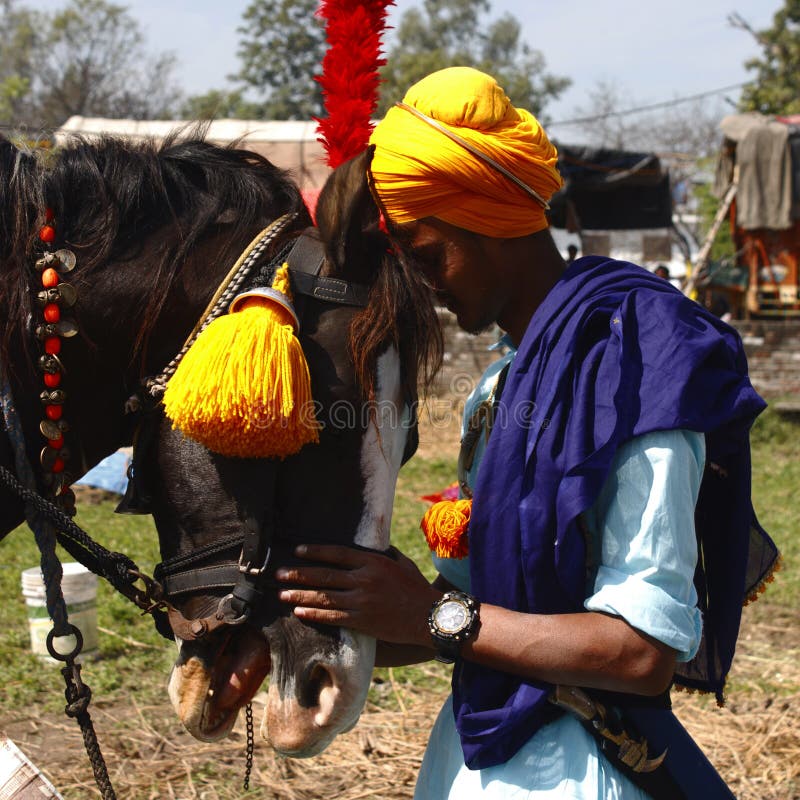
People of course can change their decisions over time, etc, and nations balance priorities differently. Everything is a tradeoff, and we should be clear on exactly how. You want extreme efficiency and control? You won't have creativity and dynamism. You want creativity and dynamism? You have to allow a certain amount of anarchy and inefficiency. You cant have all good things in one bucket. People should be quite clear on the benefits and drawbacks of any system they adopt.

That being said, I do not see any problem with admitting that an efficient centralized system would be better at dealing with a pandemic than an anarchic democratic one, regardless of whether China did so or not. And I personally know the level of anarchy and disorganization in Vietnam abd Thailand are not compatible with any efficient centralized response lol. On anything that relates to image, such countries cannot be trusted.
#Nihangs sikhiwiki free#
Peoples need for the security of rules and need to let free are both catered to. Personally, I think its an extremely effective way to manage conflicting human desires, and an extremely strict and conservative public life is balanced by an extremely lax, permissive, and debauched private life. If everyone knows what's going on, it isn't dishonest, its just a different communication style. Westerners view this as corrupt and dishonest, but its actually just a different system with different priorities. Anyone familiar with how societies like China, Vietnam, and Thailand work, would know that they are "image" cultures - as long as the public image is good, rules and regulations are regularly broken. Replies: Kief, Europa One can't trust anything out of China these days. They also shut down all schools and public venues and banned public gatherings such as banquets." Singapore allows mainland Chinese to enter the country without quarantine for a reason. In Manzhouli, a city of more than 200,000 people, local health authorities are testing all residents after two cases were reported on Saturday.

"In Tianjin, health workers have collected more than 2.2 million samples for testing from residents in the Binhai new district, after five locally transmitted cases were discovered there last week. The policies described are not new -they were used in China during the Manchurian plague of 1911, and were just forgotten in the West, while remembered in China: Australia did not use centralized quarantine, but was just as aggressive in its travel restrictions as China and Thailand, including banning outbound travel from apartment complexes (considered the stereotypical example of Chinese tyranny in Murica). Europa China's strategy to contain the virus was discussed here by an NYT reporter: and here by one of China's top virologists here: Vietnam and Thailand followed similar policies (though I'm still impressed Thailand had so few cases despite being such a tourism hotspot from China and Europe).


 0 kommentar(er)
0 kommentar(er)
